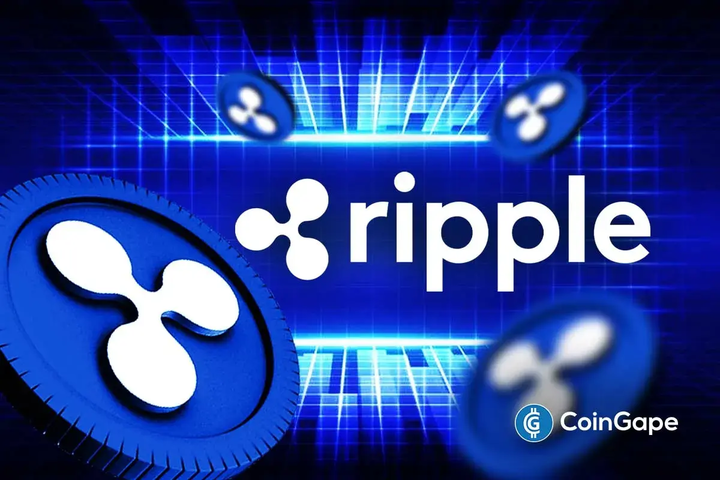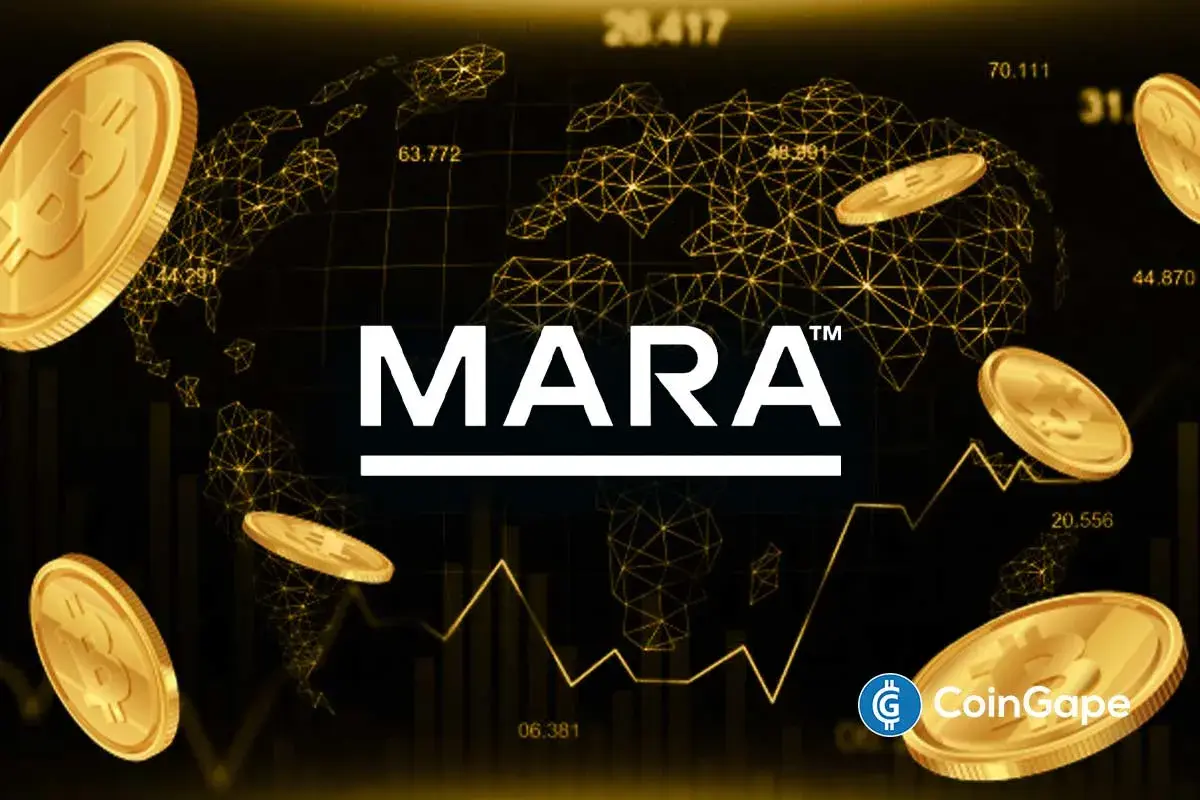Japan Cryptocurrency Exchanges Form a Self-Regulatory Body
The Japanese government approved 16 japan cryptocurrency exchanges are coming together to create a self-regulatory body in the area. This move is made in the light of the major Coincheck hack of about $530 million. This self-regulatory group will also include more than 100 firms and 16 quasi-operators that are looking to get into Japan’s crypto market.
16 Govt. Registered Japan Cryptocurrency Exchanges Come Together
About 16 cryptocurrency exchanges in Japan that are government registered are setting up a self-regulatory body. The step has been taken after the country’s most popular crypto exchange Coincheck suffered from a major hack of about $530 million. This hack led the Financial Services Agency (FSA) of Japan to scrutinize all the exchanges that are operating in the country.
Japan has no self-regulatory body currently while the FSA is urging the industry players to adopt self-regulation standard to boost the trust in an industry that was rocked by such a big heist in January.
The self-regulatory body so formed by these registered 16 crypto exchanges will later invite other cryptocurrency exchanges as well. According to the exchanges, the invitation will be given to those crypto exchanges that either has their application for registration pending or plan to register in the future.
This regulatory body is an attempt to establish the trust in cryptocurrency industry in the region. However, there isn’t a name for this body yet and subsequently, there is no word on when will be the paperwork finalized.
In late February, the news regarding the formation of the regulatory body started coming that included reports of the merger of two firms viz. Japan Blockchain Association and Japan Cryptocurrency Business association.
16 Quasi-operators including Coincheck also participates
The heist raised concern over the country’s ability to regulate the crypto industry. Moreover, Japan has to experience another blunder as one of its exchanges let the buyers buy the bitcoin for free. Though no one was able to make any profits. Last year only, Japan was the first country to oversee the crypto exchanges at the national level.
The licenses were issued to the crypto exchange operators in the second half of the last year by the FSA. About eleven of these exchanges were approved in September that included Bitflyer, Bitpoint, Btcbox, GMO Coin, Zaif, Money Partners, Bit Bank, Fisco Virtual Currency, Quoine, SBI Virtual Currency and Bittrade. Later in December, Xtheta Corporation, FTT Corporation, Bit Arg Exchange Tokyo and Tokyo Bitcoin exchange were also approved. Then, Bitocean was the last operator to receive a license from FSA within the same month.
The FSA has additionally allowed 16 quasi-cryptocurrency operators to do their business while their application for registration is pending. Coincheck, Bitexpress Corporation, Bmex Corporation, Mr. Exchange, Blue Dream Japan, Bit Station, Kirin Corporation, FSHO Corporation, Eternal Link, Debit, Lastroots Corporation, Tokyo Gateway, Campfire Corporation, Lemuria Bitcoin Exchange, Payward Japan and Minnano Bitcoin are those crypto operators. These quasi-operators have been in this business before the registration system came into effect.
Moreover, over 100 companies are also seeking to obtain a license to operate the crypto exchanges in Japan.
What are your views on Japan’s self-regulatory body and how it will affect the crypto market? Let us know below!
Play 10,000+ Casino Games at BC Game with Ease
- Instant Deposits And Withdrawals
- Crypto Casino And Sports Betting
- Exclusive Bonuses And Rewards

- Here’s Why Tether Gold (XAUt) Price Is Falling Even With Growing Gold Demand
- XRP News: Ripple Expands Payments Platform To Unify Fiat and Stablecoins Globally
- U.S.–Iran War: Bitcoin Price Extends Decline as Oil Prices Surge To Two-Year High
- Bitcoin Treasury Firm MARA Considers Selling BTC Reserves After Policy Update
- Cardano Founder Warns Over CLARITY Act, Cites Lack of Protection for DeFi, Stablecoins, Prediction Markets
- RIOT Stock Prediction as Needham, Piper Sandler Slash Target After Earnings
- Cardano Price Outlook As Charles Hoskinson Warns Over CLARITY Act
- Circle Stock Price Climbs 15% to $96, Can Rally Continue in March 2026?
- Bitcoin Price Prediction as US-Iran War Enters 4th Consecutive Day
- Top 5 Historical Reasons Dogecoin Price Is Not Rising
- Pi Coin Price Prediction for March 2026 Amid Network Upgrade, KYC Boost, Rewards Distribution

 Buy $GGs
Buy $GGs

















